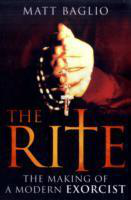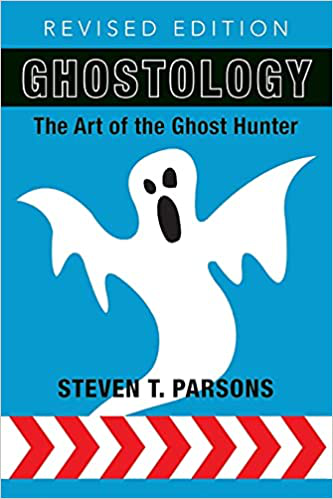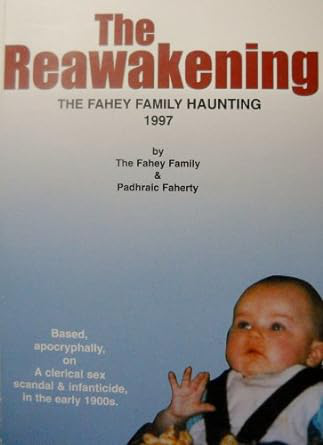Nollaig na mBan: Celebrating Women's Christmas in Ireland
Mythology/Folklore/History
Monday 6th, January 2025
2 minute read.
Every year on 6th January, a unique tradition unfolds across Ireland, Nollaig na mBan, or Women's Christmas. This special day, rooted in Irish culture and history, is dedicated to honouring women and recognising their significant contributions to family and society.
While much of the world marks 6th January as the Feast of the Epiphany, a celebration of the visit of the Magi to the infant Jesus, in Ireland, it has a dual purpose. Nollaig na mBan is a day for women to rest, relax, and celebrate after the hard work of the Christmas season. Historically, women shouldered the bulk of the holiday preparations, including cooking, cleaning, and organising family gatherings. Women's Christmas provided a rare opportunity for respite and socialising.
The origins of Nollaig na mBan are deeply intertwined with rural Irish life, where clear gender roles often defined household dynamics. Men would typically take over domestic duties for the day, allowing women to gather with friends and enjoy the fruits of their labour. Many women would meet for tea, cake, and conversation, often at one another's homes.
Today, the celebration has evolved, but its core spirit remains intact. Women across Ireland, and increasingly in Irish communities abroad, mark the occasion with meals, social events, and even charitable activities. Traditional cakes, such as the Barmbrack or fruitcake, remain a popular treat at Nollaig na mBan gatherings.
In recent years, there has been a renewed interest in Nollaig na mBan, particularly as a way of honouring women's roles and celebrating gender equality. Events such as charity brunches, literary readings, and concerts have become common ways to commemorate the day. Restaurants and cafes often host special menus or deals for women on this day.
While Nollaig na mBan remains most prevalent in Ireland, the tradition is increasingly celebrated in Irish communities worldwide, from New York to Sydney. This global recognition highlights the enduring relevance of a day that not only honours women but also connects people to Irish heritage.
While much of the world marks 6th January as the Feast of the Epiphany, a celebration of the visit of the Magi to the infant Jesus, in Ireland, it has a dual purpose. Nollaig na mBan is a day for women to rest, relax, and celebrate after the hard work of the Christmas season. Historically, women shouldered the bulk of the holiday preparations, including cooking, cleaning, and organising family gatherings. Women's Christmas provided a rare opportunity for respite and socialising.
The origins of Nollaig na mBan are deeply intertwined with rural Irish life, where clear gender roles often defined household dynamics. Men would typically take over domestic duties for the day, allowing women to gather with friends and enjoy the fruits of their labour. Many women would meet for tea, cake, and conversation, often at one another's homes.
Today, the celebration has evolved, but its core spirit remains intact. Women across Ireland, and increasingly in Irish communities abroad, mark the occasion with meals, social events, and even charitable activities. Traditional cakes, such as the Barmbrack or fruitcake, remain a popular treat at Nollaig na mBan gatherings.
In recent years, there has been a renewed interest in Nollaig na mBan, particularly as a way of honouring women's roles and celebrating gender equality. Events such as charity brunches, literary readings, and concerts have become common ways to commemorate the day. Restaurants and cafes often host special menus or deals for women on this day.
While Nollaig na mBan remains most prevalent in Ireland, the tradition is increasingly celebrated in Irish communities worldwide, from New York to Sydney. This global recognition highlights the enduring relevance of a day that not only honours women but also connects people to Irish heritage.



